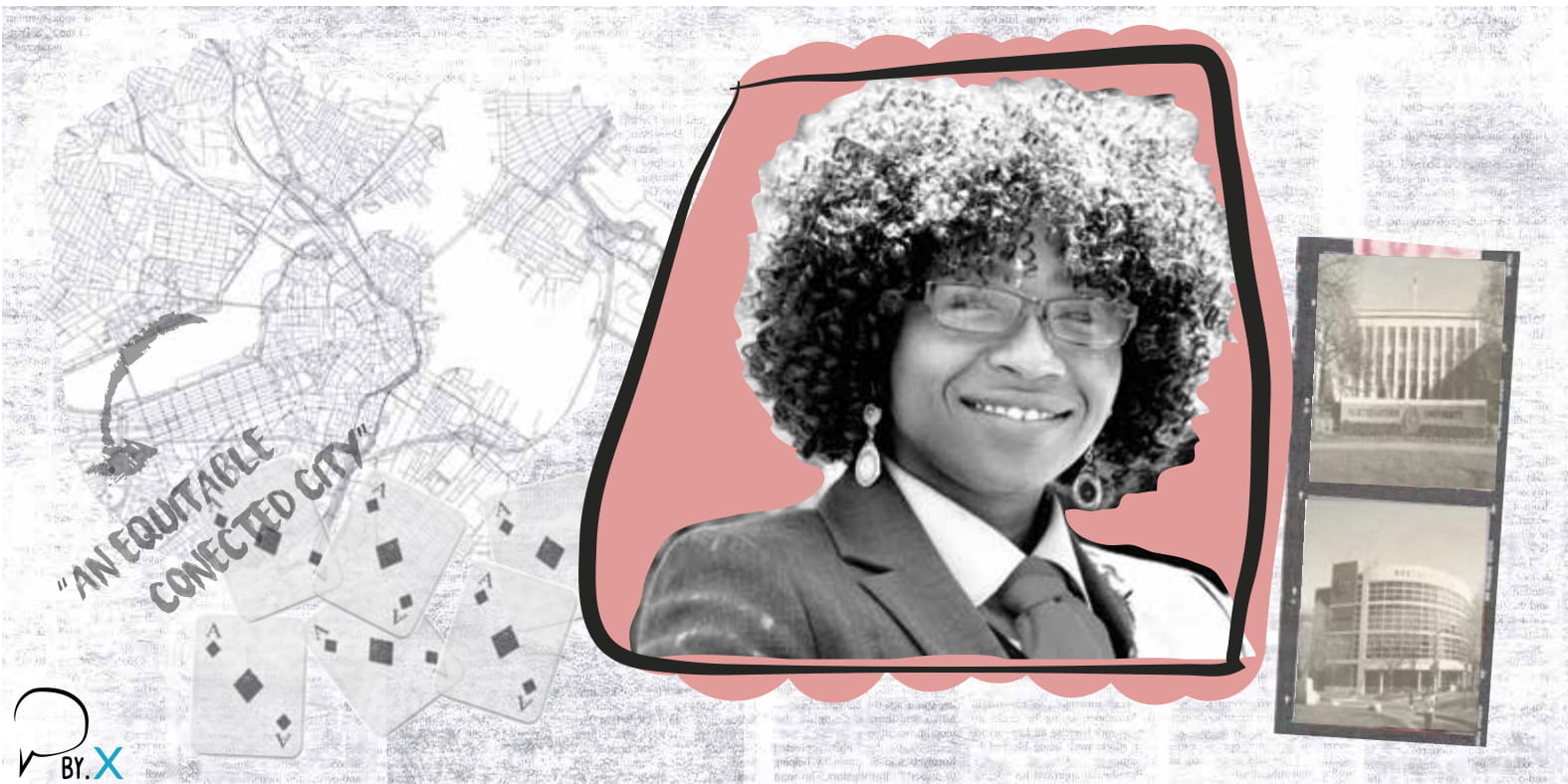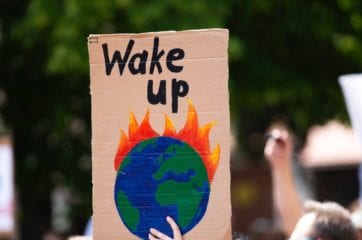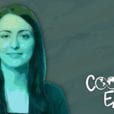“If we want to build a society that is resilient to climate change, then we can’t just have some of us being resilient. We need to be deliberate about looking at these issues by race, and bringing a racial equity lens to this work.”
Dr. Atyia Martin is a certified emergency manager with over 15 years of experience in the fields of public health, emergency management, intelligence and homeland security. She is also the founder and CEO of All Aces Inc., a consulting firm with a mission to further critical thinking in advancing personal and organizational resilience. Dr. Martin was appointed as the Chief Resilience Officer for the City of Boston, where she embedded racial equity into the City’s resilience planning in understanding the disproportionate burdens on communities of color as the city’s main resilience challenge.
On this week’s episode of the podcast, Dr. Martin talks to me about the importance of critical thinking and humility in approaching systemic issues such as racism and climate change, and finding our individual roles in perpetuating those systems. This, she believes, is a critical step in beginning to change those systems and organizations that we are a part of. Without approaching the work we do through a lens of equity, we run the risk of perpetuating the systems of oppression that impact the most vulnerable among us.
“Climate change is not an isolated phenomenon onto itself that we need to tackle, but something that is very much connected to our day to day lives. We can’t claim that we are working fully as our best selves and to our fullest capacity on climate change, if we are not embedding these other realities on the discussion. Otherwise what ends up happening is that we perpetuate racial inequities and other inequities that impact marginalized groups in our society. Obviously unintentionally, but that doesn’t absolve us from the responsibility of stepping up our level of thinking, in that the people who suffer the most – from disasters, from climate change, in everyday life – are all the same people, the most vulnerable groups among us who are already marginalized.”
Research has shown very clearly that the people who are most affected by disasters, and extreme weather events, are those who are already suffering – communities that have been underserved by public infrastructure such as transportation, or who are already marginalized. We therefore need to have more nuanced and sophisticated conversations about race and racism, as well as climate change, in understanding how the systems we have now, have underserved certain groups in our communities, in order to begin to change them.
Communication and specifically who we communicate with is also something that needs to be critically. “We have a tendency to want to make things less emotional, less personal. But these are emotional issues, and they are personal. And to try to take out the emotionality is to dehumanize those people who are on the receiving end of the burdens of both racism and climate change.”
Listen to the full interview here, and help us share this extraordinary message by sending this along with friends, neighbors, colleagues, and anyone you think would benefit from it.
Behind this episode:
Resilience and Racial Equity, City of Boston
Racism and Climate Change Are About You | Dr. Atyia Martin | TEDxDirigo
Rethinking diversity: we need equity to stop oppression | Dr. Atyia Martin | TEDxSuffolkUniversity









